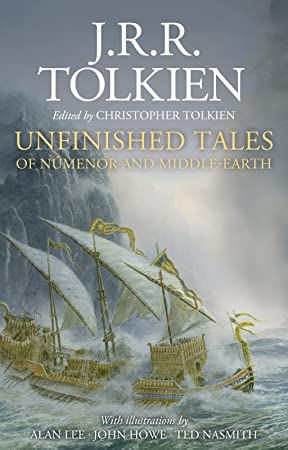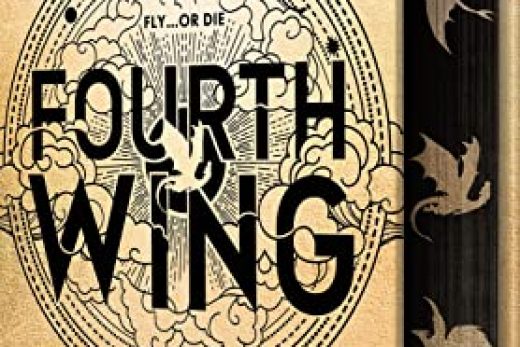The Count of Monte Cristo by Alexandre Dumas is a literary classic that has captivated readers for generations. This thrilling tale of revenge, redemption, and personal transformation is set against the backdrop of early 19th-century Europe. Through the journey of the protagonist, Edmond Dantès, Dumas masterfully explores themes of justice, morality, and the power of forgiveness.
At the heart of The Count of Monte Cristo is the story of Edmond Dantès, a young and promising sailor, who is unjustly imprisoned on the eve of his wedding. Betrayed by those he trusted, Dantès spends long years in the notorious Château d’If, where he plots his vengeance against his betrayers. His fortunes change when he meets the wise and knowledgeable Abbé Faria, who not only teaches him a variety of subjects but also reveals the location of a hidden treasure.
Upon his escape, Dantès assumes the identity of the mysterious and wealthy Count of Monte Cristo, using his newfound fortune to bring justice to those who wronged him. As he executes his intricate plan, he must grapple with questions of morality and the consequences of his actions. Through these trials, Dantès ultimately learns the importance of forgiveness and redemption.
Dumas’ richly woven narrative is filled with complex characters and engrossing subplots that keep readers on the edge of their seats. The vivid historical setting adds depth and authenticity to the story, while the themes of love, betrayal, and the quest for justice resonate with readers across generations.

A: The novel’s enduring appeal lies in its engaging plot, richly developed characters, and universal themes of revenge, redemption, and the human capacity for change.
Q: How does Alexandre Dumas explore the concept of justice in The Count of Monte Cristo?
A: Dumas delves into the theme of justice through Edmond Dantès’ quest for vengeance against those who wronged him. Throughout the novel, Dantès wrestles with questions of morality and the consequences of his actions, ultimately learning the importance of forgiveness and redemption.
Q: Why is the historical setting important to the story?
A: The early 19th-century European backdrop lends authenticity to the novel, providing a vivid context for Dantès’ journey. The political and social climate of the time also serve to heighten the drama and intrigue of the story.
Q: How does Edmond Dantès’ transformation contribute to the novel’s themes?
A: Dantès’ journey from a naïve, trusting sailor to the sophisticated and enigmatic Count of Monte Cristo highlights the novel’s exploration of personal growth, transformation, and the power of forgiveness.









